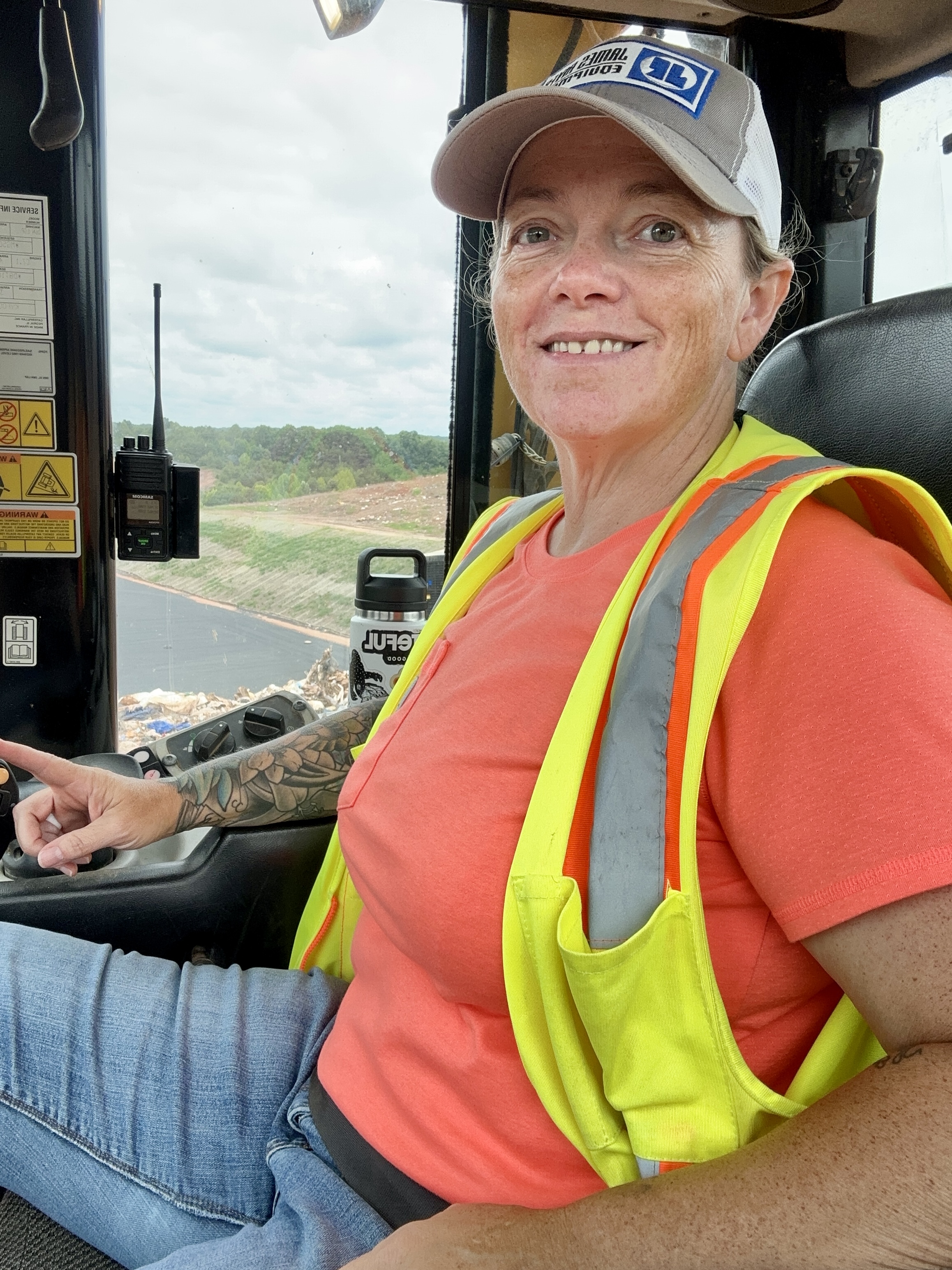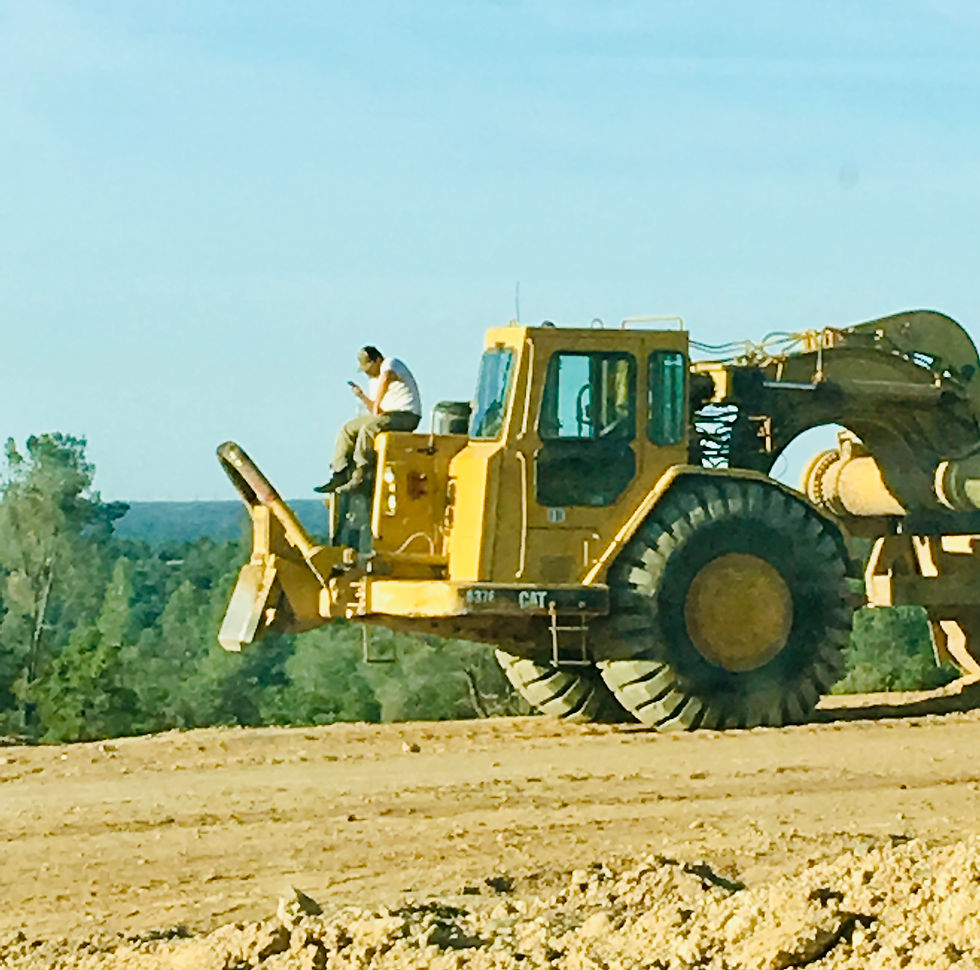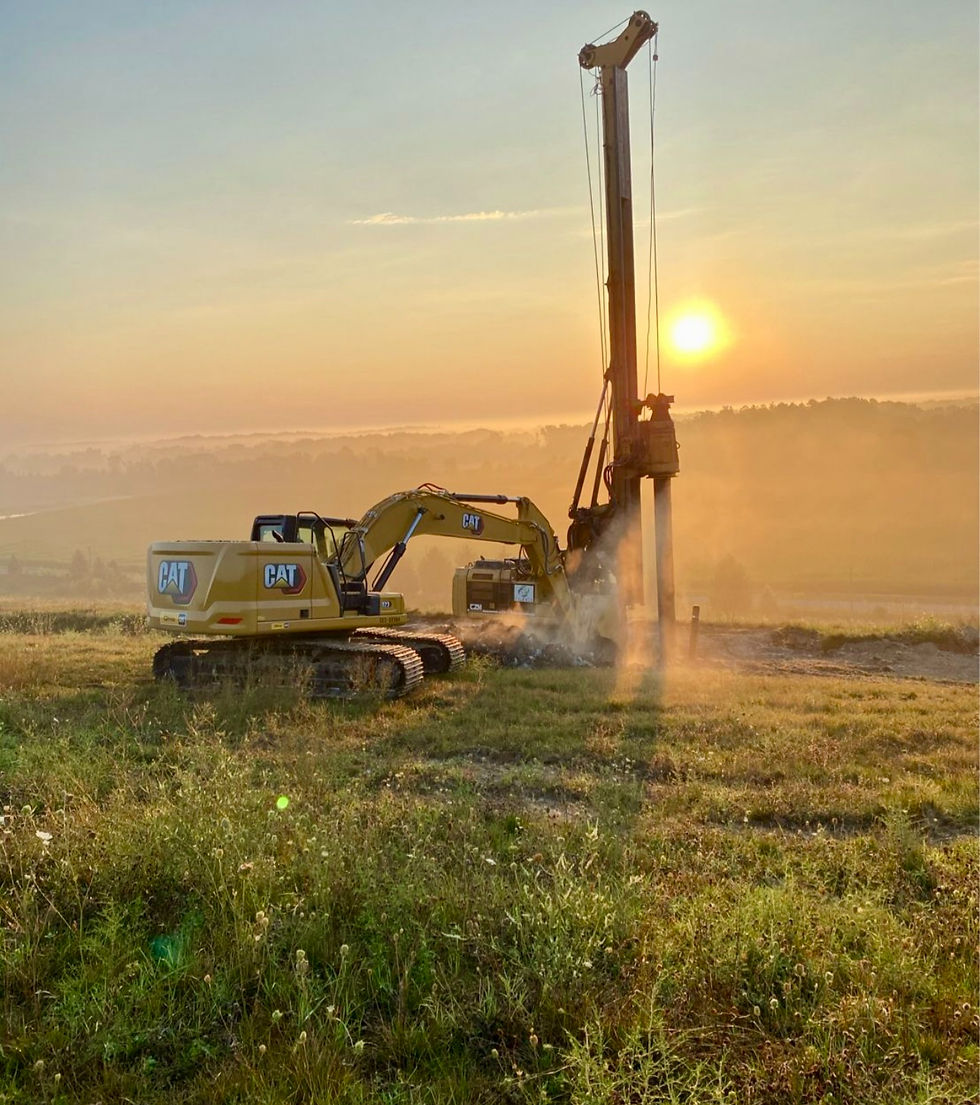How Hard Workers Get Worked Harder, And Why We Let It Happen
- Crystal Stapley
- Jun 11
- 4 min read
The curse of the capable is that they make it look easy, until it breaks them.
They don’t complain. They don’t stall. They just get. it. done. And because they can, we let them.
We pile on. We praise. We push. We assume they’ll handle it, because they always do.
But what we rarely do is pause long enough to ask if they should.
Check on your do’ers.
Your get-shit-done’rs.
Your glue.
Because the ones holding it all together often carry more weight than anyone sees or ever should.
Some people are built for pressure. They get things done, hold things together, and show up, over and over again.
They don’t wait to be asked. They anticipate. They execute.
They carry the team, the family, the department, or the entire operation, not because they want to be martyrs, but because somewhere along the line, they learned that things fall apart if they don’t. And slowly, a dangerous thing happens:
They become invisible beneath their own reliability.
Let’s talk about how this cycle starts… and why it never seems to stop.
When you're good at enduring, people stop noticing the weight. I would refer to this as the unseen exchange.
High performers don’t often wave red flags. They don’t cry out when they’re overwhelmed. They just handle it. And because they’ve always handled it, people around them adjust, sometimes unconsciously to that rhythm. You stop getting asked if you’re okay.
People stop wondering if you can take on more. They just assume you’ll figure it out, because you always have. That resilience, which once looked like a strength, becomes a liability. It invites more pressure, more responsibility, and less support.
The accidental reward for picking up the slack, I'll refer to this one as delegation avoidance.
The truth is the more capable you are, the more likely it is that others will… back off.
Not out of laziness. Not necessarily even out of malice. But because you’re so good at picking up the pieces. You don’t wait for reminders. You jump in when things start slipping. You clean up what’s left behind... It's the backhanded reward for being the default fixer, reliable to a fault. And over time, this creates an unspoken system, a quiet agreement that says: “If you don’t do it, no one will.”
This kind of learned helplessness starts to creep in around the overachiever.
And ironically, the better you are at keeping the train moving, the more likely it is that no one else even tries to jump on board. Wake-Up! Just because someone can carry the weight doesn't mean they should. High performers aren't team plans, they're people. If you're in a leadership role, it's your job to notice when capability is being exploited as convenience. And if you're on the team? start showing up like it matters, because it does.
In work. In family. In friend groups. There’s often someone who becomes “the reliable one.”
It’s not official. It’s not in writing. But you know who it is. The one people go to. The one who doesn’t say no. The one who will make sure it gets done, no matter what it costs them.
These unspoken contracts are built on survival and trust. But they’re also built on silence.
Because when the “strong one” gets tired, the system around them resists the idea that they should get tired at all. They’re the glue. And when the glue starts to crack, people panic. So instead of offering help, many double down:
“Just hang in there.”
“You’ve got this.”
“I don’t know how you do it, you’re amazing!”
Which brings us to the next trap…
Praise as pressure, which looks like the compliment that becomes a leash.
Being told you’re dependable, reliable, a beast, a machine, a rock star, it feels good… at first. But when that praise comes with the unspoken expectation to keep producing at that same level, it morphs into something else: a leash.
Suddenly, stepping back feels like letting people down. Rest feels like rebellion. Saying no feels like failing. The compliments turn into a cage, one that you helped build, but now can’t easily escape. You didn't just raise the bar. You became it, and now you're not allowed to lower it.
What we applaud, we repeat. The cycle of rewarding burnout. In many cultures, especially in high-demand industries and hustle-driven households, burnout is not just tolerated. It’s glorified.
We hand out accolades for the 60-hour workweek. We admire the single mom who “does it all” without ever looking tired. We promote the guy who never takes a vacation.
We celebrate survival, not sustainability. And the people paying the highest price are the ones we keep asking to carry the heaviest load.
Why? Because it’s easier to reward output than to confront the system that demands too much of people in the first place.
So... Now What?
If you’re the one carrying too much, you probably didn’t sign up for it. You just became good at surviving. At making things work. But survival isn’t a strategy. And capability shouldn’t be a punishment.
And if you’re someone who’s benefited from a high performer in your life, at home, at work, in your circle, take a minute to ask:
Have I grown too used to their strength?
Am I praising their hustle while quietly letting them drown?
Have I confused capacity with invincibility?
The cycle won’t break unless someone calls it what it is. So here it is:
We’re burning out the best people by applauding their exhaustion.
And we let it happen, because it’s easier than changing the system that caused it.
Let’s do better, for ourselves, and for the people we keep leaning on without asking if they’re okay.
So, the next time the workload piles up, and your first instinct is to hand it to the one who always delivers.... Stop.
Yes, they’re strong. Yes, they’ll figure it out. But that strength doesn’t mean you get to keep raising the bar without raising the support, or the pay.
Being dependable should never mean being disposable. And being the “go-to” shouldn’t mean being taken for granted.
Start spreading the weight.
Start rewarding the load-bearers.
Start holding the whole team, not just the strongest, to the same damn standard. Because if you don’t? You won’t just burn them out. You’ll lose the very people holding everything together.





Comments